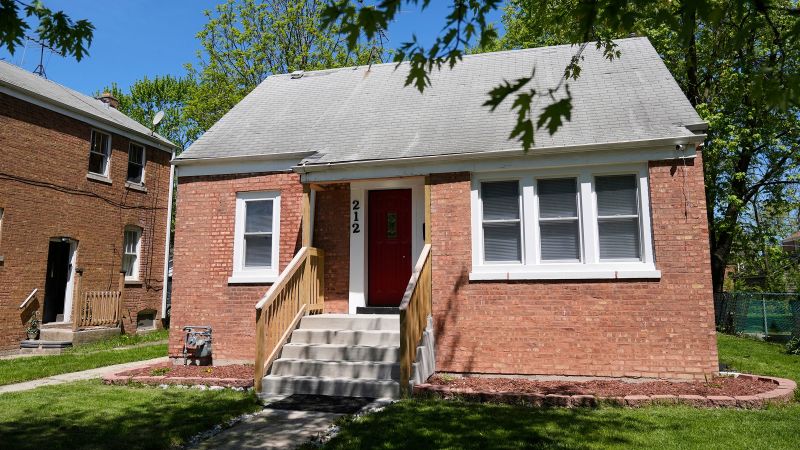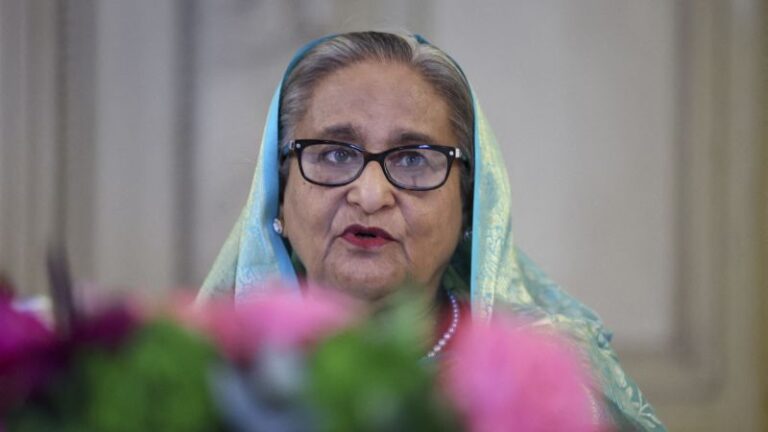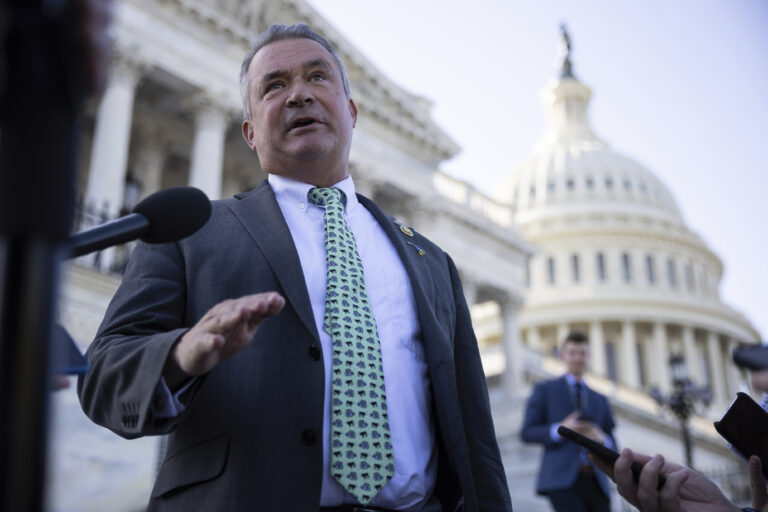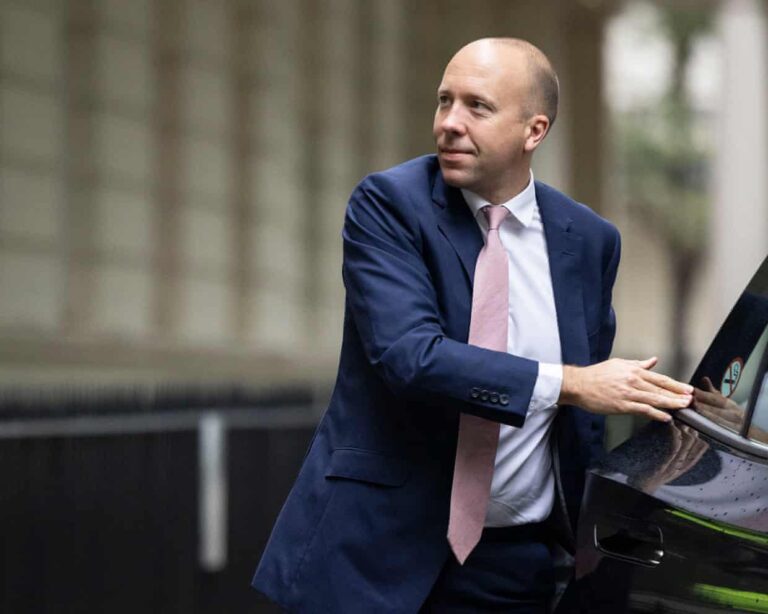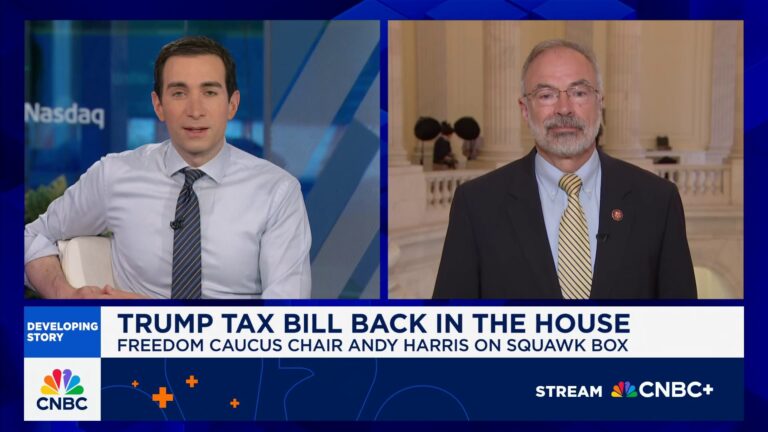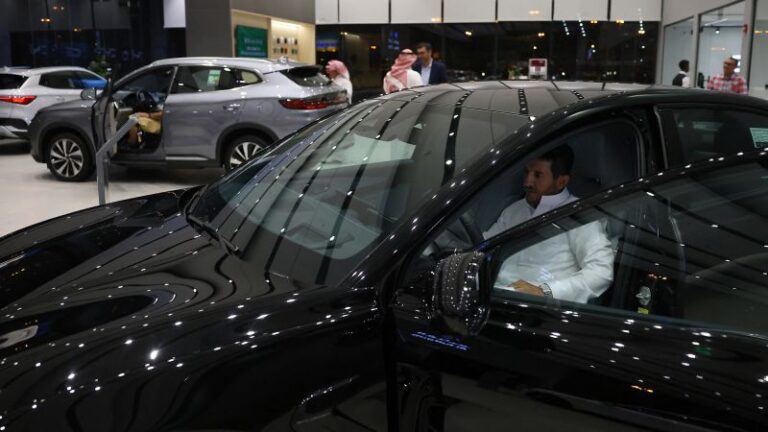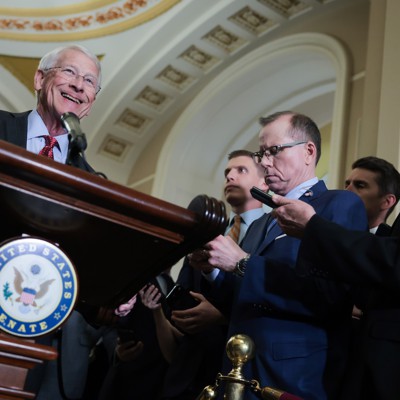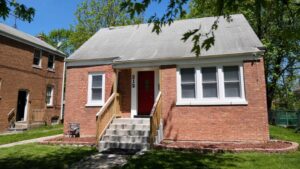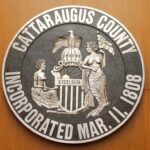A village in Chicago’s south suburbs is set to purchase Pope Leo XIV’s childhood home after its board voted unanimously on Tuesday to take control of the property. Since the pope’s election, the small, two-story house on E. 142nd Place in Dolton, Illinois—approximately 20 miles south of the Windy City—has gained national attention, drawing visitors and those interested in the leader’s early life.
Leo, previously known as Cardinal Robert Prevost, was elected in May as the first American pope—a decision that surprised many in the United States and was celebrated as a historic moment. Chicago Mayor Brandon Johnson described Leo’s election as “one of the biggest moments in the modern history of our city.”
Pope Leo XIV: A Historic Figure
Born in Chicago in 1955, Prevost earned his bachelor’s degree in mathematics from Villanova University and later received a diploma in theology from the Catholic Theological Union of Chicago. His career as a missionary spanned decades, including 20 years in Peru, where he became a naturalized citizen and served as a bishop.
The announcement of the Dolton Village Board’s decision to purchase the pope’s childhood home has been met with enthusiasm. Members of the board described the acquisition as a “once-in-a-lifetime opportunity,” emphasizing that owning the house will allow them to “do it justice.”
Economic and Community Implications
Dolton Mayor Jason House highlighted the potential benefits of the purchase, stating that it offers the village a chance to re-evaluate enterprise and historic land zones and attract “state and congressional funds.” The move is seen as an opportunity to boost the local economy, similar to how the homes of Michael Jackson and Martin Luther King have become economic assets for their respective communities.
However, the decision has not been without its critics. Some residents have expressed concerns about the increased traffic and the strain on already-dilapidated roads. Longtime Dolton resident Mary Avent voiced her concerns to CNN affiliate WBBM, questioning whether the village has the financial resources to support such a venture, especially given the absence of a police and fire chief.
“Purchasing the pope’s house is admirable,” Avent said, “but with the state we’re in right now, I guess my concern is, do we have the money?”
Balancing Community Needs and Historic Preservation
Trustee Edward Steave acknowledged the residents’ concerns at the board meeting, affirming that their complaints were valid but insisting that the village could manage both the purchase and the community’s needs simultaneously. The sale is expected to close within the next two weeks, according to Mayor House.
Meanwhile, photos posted on the village’s Facebook page late Tuesday show workers conducting repairs to the roof of the pope’s house. It remains unclear whether these repairs are being directed by the town. CNN has reached out to the Dolton Village Board for further information.
Looking Ahead
The acquisition of Pope Leo XIV’s childhood home represents a significant moment for Dolton, potentially transforming the village into a site of historical importance. As the community navigates the challenges of balancing economic development with infrastructure needs, the purchase could serve as a catalyst for broader revitalization efforts.
The coming weeks will reveal more about the village’s plans for the property and how it intends to leverage this historic asset to benefit the community. As Dolton prepares to embrace its newfound role on the national stage, the village’s leaders and residents alike will be watching closely to see how this opportunity unfolds.





